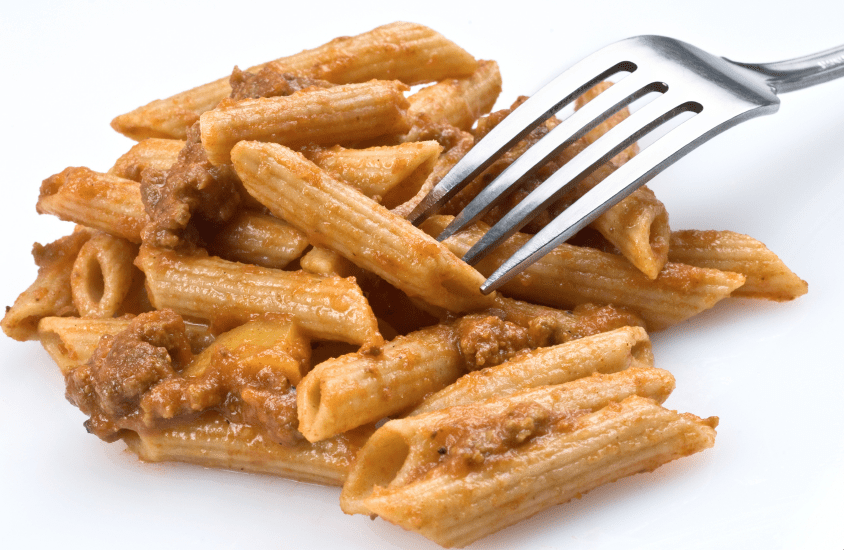Search Results for: alternatives
About Pregnancy Insurance Coverage
After the joy of learning about a pregnancy, cold reality can set in: Having a baby is expensive. According to the American Pregnancy Association, prenatal care and delivery costs can range from $5,000 to more than $20,000. Obviously, good health insurance can play an important part in managing these costs. To prepare yourself and your family, make sure you know what your insurance will pay and where to turn if you need additional coverage.
Relaxing Hair While Pregnant
Pregnancy can leave many women feeling less than glamorous, so it’s not uncommon for them to want to pay special attention to their overall beauty regime. Although some women might not otherwise think twice about visiting the salon for a new look, others might question the effects of chemical hair relaxers on their developing babies while pregnant. Although there is not a lot of research to indicate chemical hair relaxers are explicitly dangerous, most health-care providers exercise caution when advising pregnant patients as to whether the process is completely safe.
Can I Get Health Insurance If I Am Already Pregnant?
No doubt about it, having insurance can ease some of the burdens of pregnancy. According to the American Pregnancy Association, delivering a baby costs more than $6,000. Prenatal (before birth) care, including doctor visits and tests, adds to the expense. Not only does health insurance cover most costs, it can help women obtain needed care and services. Even if you’re already pregnant, you may still be able to obtain health insurance, depending on your circumstances.
Healthy Carbs to Eat While Pregnant
Pregnant women need healthy carbs, and plenty of them—nine servings daily, according to “Pregnancy, Childbirth and the Newborn: The Complete Guide” by Simkin, Whalley and Keppler. Healthy carbs are complex carbohydrates such as bread and pasta made from unrefined grains, beans, legumes, potatoes with their skins, fruits and vegetables. Healthy carbohydrates retain the nutritious, high-fiber content that the refining process eliminates. Healthy carbs fill you up and are highly nutritious to boot, with plenty of vitamins and protein, furnishing many of the extra calories you need to provide nutrition for your unborn baby. There’s one catch: If you have gestational diabetes, it’s especially important to check with your doctor about your carbohydrate intake, since you may need to moderate your starchy foods to control your blood sugar.
How to Eat When Pregnant: Take Care of Your Baby, Indulge Yourself, Too!
If youre seeking a prenatal-diet role model, dont look to me. Before I was pregnant I was the kind of girl who generally ate very well. I regularly cooked with organic ingredients, steered clear of processed foods, stuck with a mostly …



